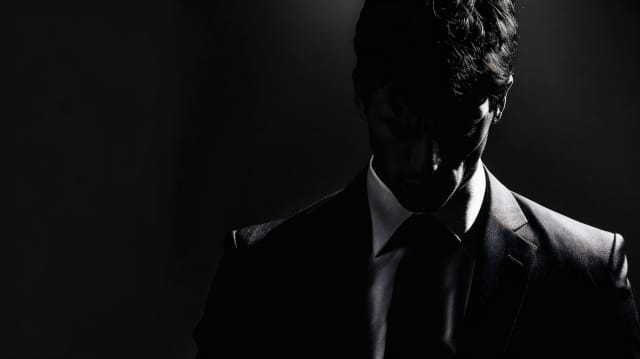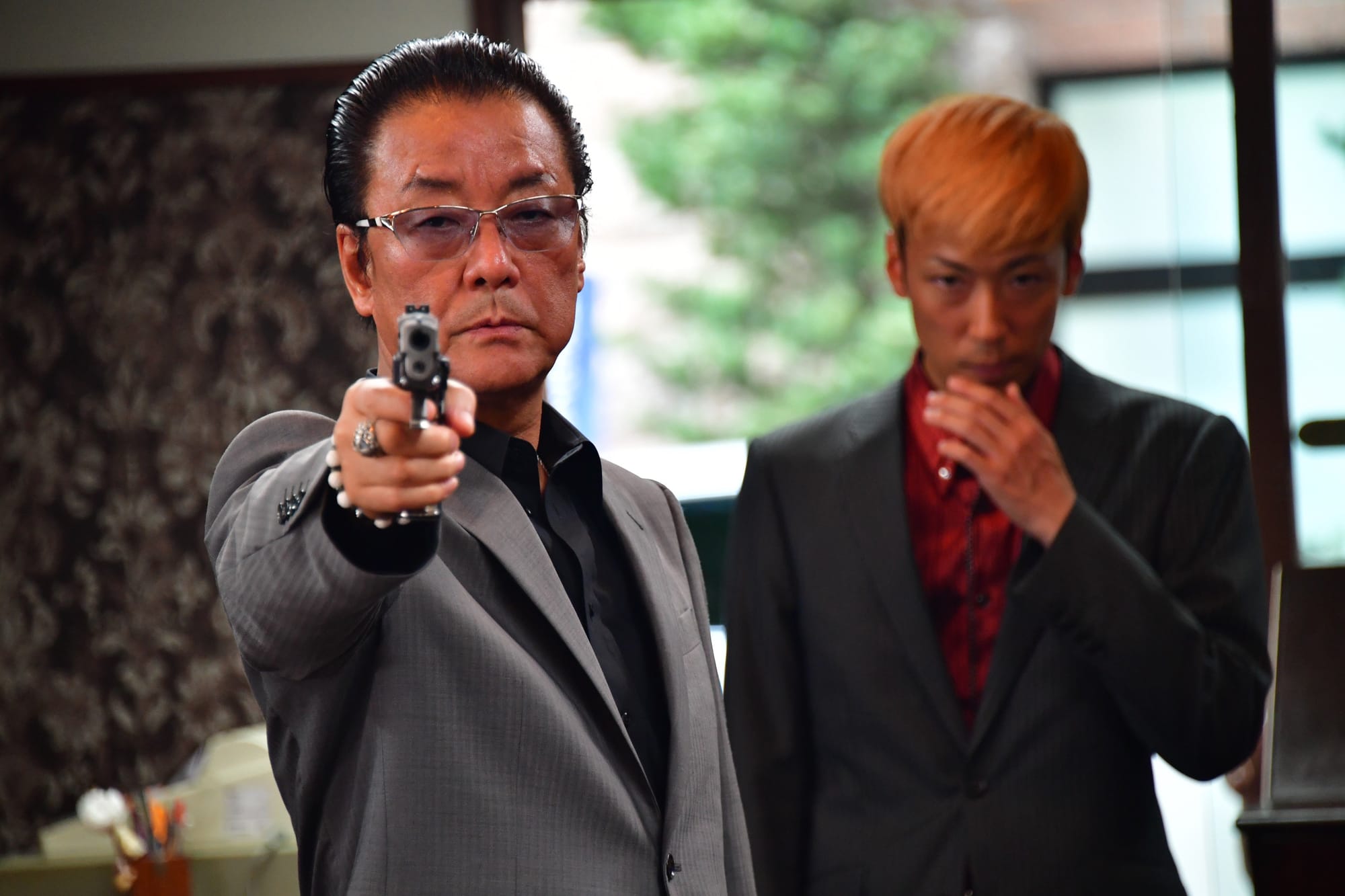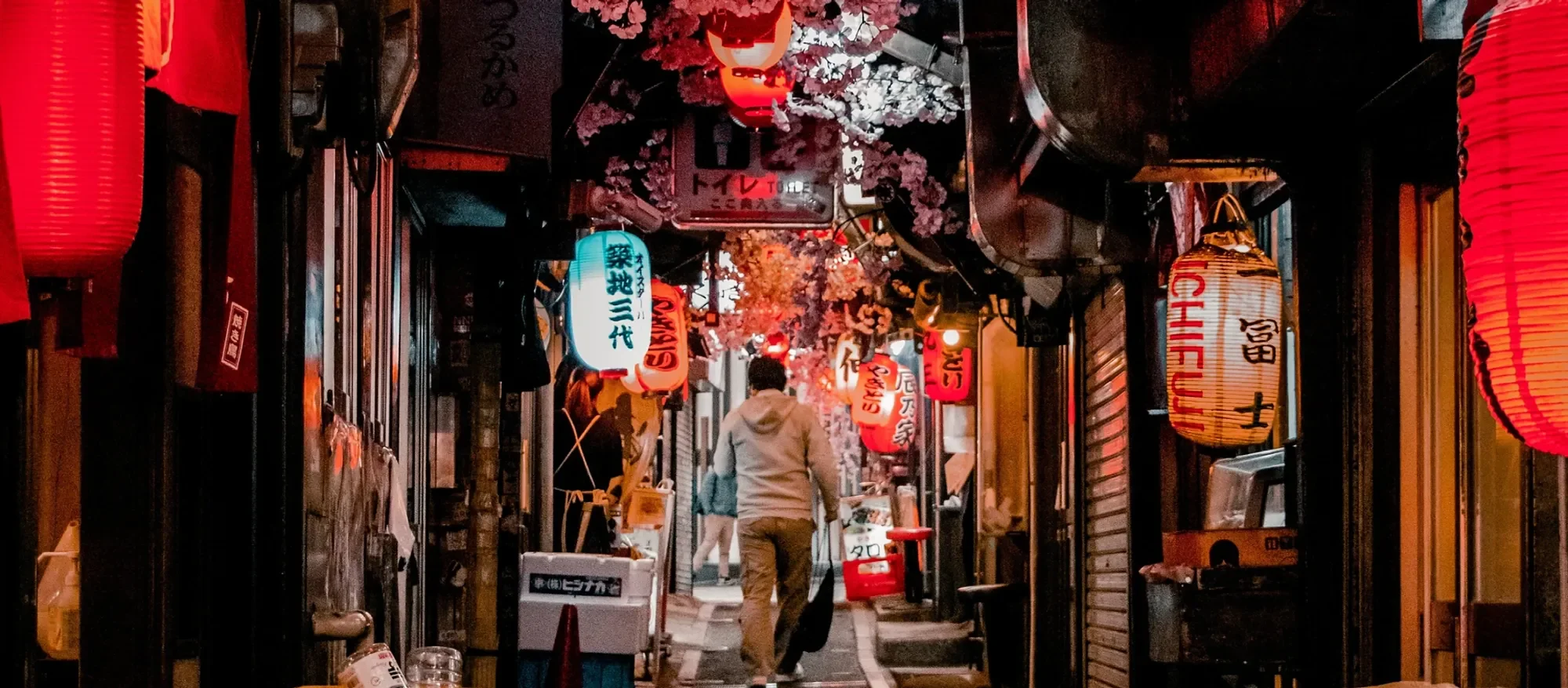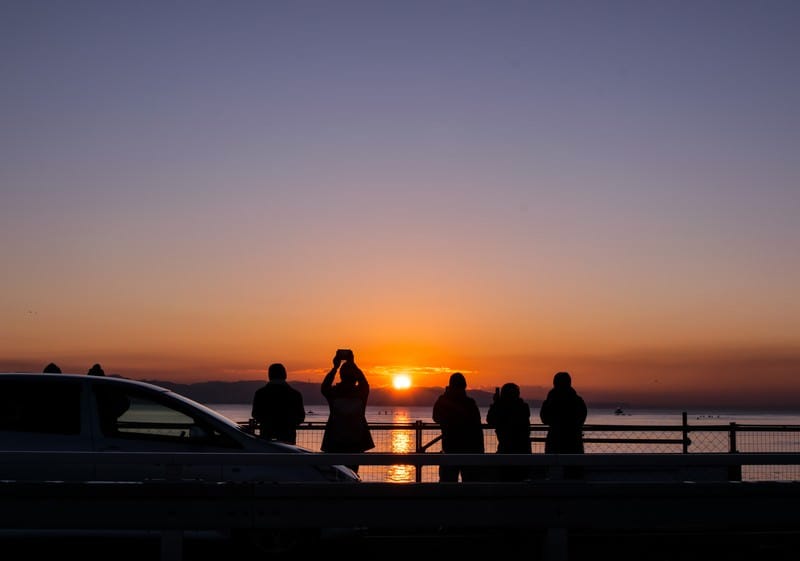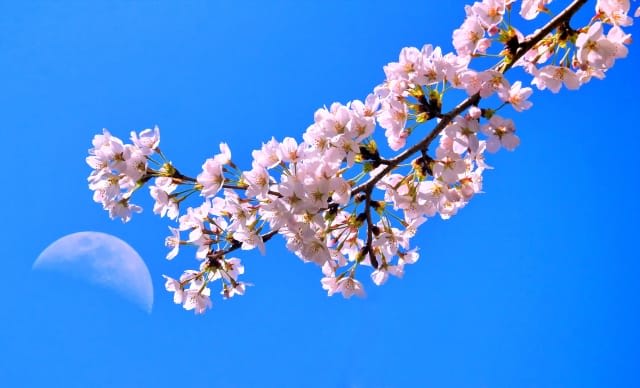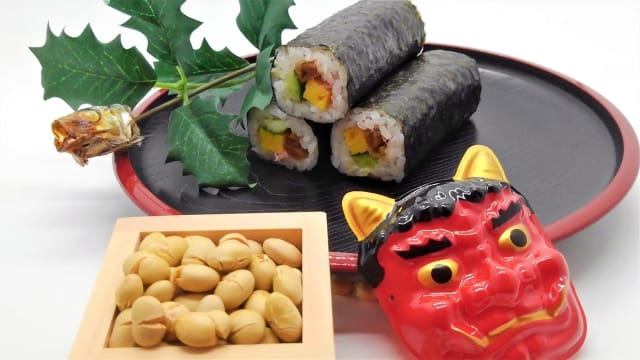Are There Yakuza in Kabukicho? To Enjoy Shinjuku Safely, all you need to know before!
Shinjuku is known as the center of Tokyo, boasting the world's busiest station in terms of passenger traffic. It's a massive entertainment district.
Particularly famous is Kabukicho. As a Tokyo native, I've experienced both the charm and dangers of this area firsthand.
Kabukicho is famous as a neighborhood that never sleeps. Countless restaurants, karaoke bars, host clubs, and love hotels line the streets, bustling with people every night. While it's a popular spot among foreign tourists, it also has a reputation as a "dangerous place."
Indeed, Kabukicho has elements to be cautious about, such as the presence of yakuza, touts, and scams. There are areas where it's better to avoid walking alone, especially at night. However, with proper knowledge and caution, it's also an area you can thoroughly enjoy.
When I was a child, I was told "don't go there," but now as an adult, I often visit for meals and drinks with friends. As a local, I know the attractive side of Kabukicho as well.
For example, there are delicious restaurants, unique bars, and interactions with locals that aren't found in tourist guidebooks.
In this article, I'll introduce both the public and hidden faces of Kabukicho. From the reality of the yakuza, how to avoid dangers, to local recommendations for enjoying safely. I'll tell you everything you need to know before visiting Kabukicho.
If you want to safely enjoy bar hopping in Kabukicho, we recommend Magical Trip's tour, which ranked #1 among all TripAdvisor tours in 2024. Since you'll be bar hopping with guides who know Kabukicho inside and out, you can definitely enjoy Shinjuku safely.
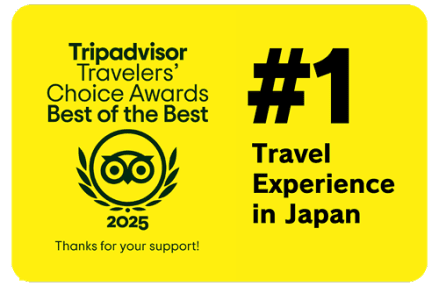
The "Tokyo Bar Hopping Night Tour in Shinjuku" lets you explore not only Kabukicho but also Omoide Yokocho, one of Shinjuku's premier retro spots. If you want to make the most of Shinjuku's nightlife, be sure to join this tour.
I hope you'll use this information to have a safe and enjoyable night in Shinjuku and Kabukicho!
Table of Contents
・What Are Yakuza (Japanese Mafia)?
・Some Areas in Shinjuku Are Known for High Crime Rates
・3 Things to Check Before Enjoying Shinjuku at Night Safely
・Emergency Response: What to Do If You Get Into Trouble?
・It's Not Just Dangerous! Introduction to Safe and Enjoyable Spots in Shinjuku
・To Safely Enjoy Shinjuku, It's Best to Go with a Guide Who Knows the Area Inside Out
If you're interested in "Nighrlife in Shinjuku", Check the article below.
・Kabukicho Comprehensive Guide: Things to do & Nightlife Idea in Tokyo's Neon-Lit District
・How to Avoid Rip-off Scam? 5 Tips for Preventing Troubles
If you are visiting Shinjuku, you should also visit Omoide Yokocho, which is known not only as a drinking district but also as a representative of Tokyo's retro streetscape.
You can also visit Magical Trip's ‘Tokyo Bar Hopping Night Tour in Shinjuku’, where you can soak up the uniquely Japanese atmosphere.
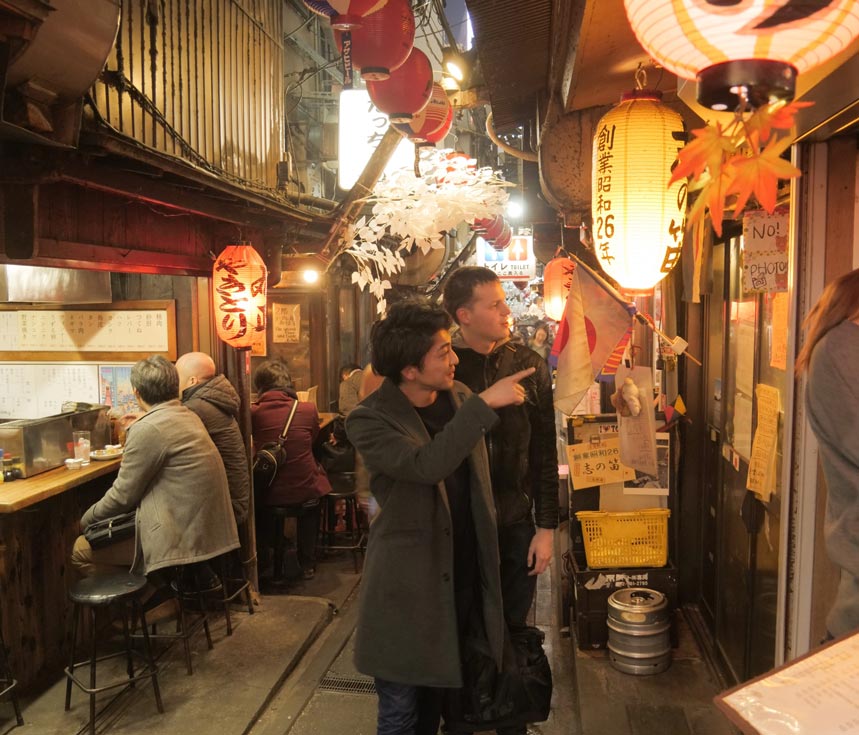
What Are Yakuza (Japanese Mafia)?
Source:Outrage Official X
When you hear the word yakuza, what image comes to mind? When I was a child, yakuza brought to mind frightening images of flashy clothes, tattoos, and finger-cutting. However, the reality of yakuza is a bit different from this stereotype.
The yakuza are Japanese organized crime groups with a history dating back to the Edo period. They have a unique hierarchical structure and strict discipline, traditionally engaging in illegal activities such as gambling, prostitution, and extortion.
Compared to overseas mafias, yakuza are more visible to society and have even ventured into legal businesses.
The "Anti-Organized Crime Act" Enacted in 2011 Has Cut Off Ties with Ordinary Citizens
In 2011, Japanese society reached a major turning point. The enactment of the "Anti-Organized Crime Act." This law aimed to fundamentally change the relationship between yakuza and general society.
I witnessed the implementation of this ordinance when I was a university student. Yakuza offices that had been openly present in the streets suddenly began to disappear. The main contents of this ordinance are as follows:
1. Stipulation of efforts to eliminate organized crime groups throughout society (administration, citizens, businesses)
2. Prohibition of transactions and real estate contracts with organized crime groups
3. Clear prohibition and penalties for providing benefits to organized crime groups
4. Prevention of youth joining organized crime groups and support for young members to leave
5. Establishment of support systems by the administration for those wishing to leave organized crime groups and victims
As a result of this ordinance, the presence of yakuza has certainly disappeared from the streets. The number of organized crime group members has been consistently decreasing since 2011. Efforts to eliminate organized crime groups by companies and organizations have also been strengthened, greatly limiting the economic activities of organized crime-related businesses.
The impact of this ordinance was also evident in the small restaurant run by my friend's father. A person known as a "well-connected regular customer" suddenly stopped coming. Later, I was surprised to learn that this person had connections with the yakuza.
Some organized crime groups disbanded, and their activities became more covert. With the decrease in contact points between organized crime groups and society, their sources of funding have also greatly diminished.
However, this doesn't necessarily mean the complete disappearance of yakuza. It could be said that their existence continues in a less visible form.
Some Areas in Shinjuku Are Known for High Crime Rates
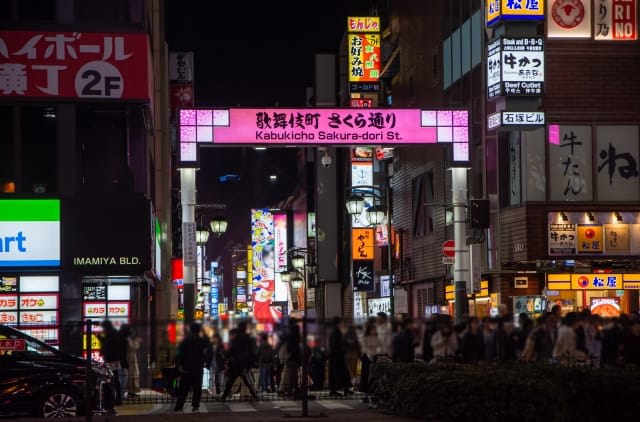
Shinjuku, especially Kabukicho, is still known as an area with a high crime rate. I myself have experienced being approached by suspicious individuals and encountering dubious touts when walking through Shinjuku at night during my student days when I worked part-time.
While the presence of yakuza has become less visible, various forms of crime still exist in Shinjuku. There are many points to be cautious about, such as pickpocketing, bag snatching, fraud, and illegal adult entertainment businesses. Foreign tourists, in particular, may be drawn into dangerous situations due to the novelty.
However, I want to emphasize that it's not appropriate to view Shinjuku or Kabukicho as simply "dangerous places." While caution is necessary, it's also an attractive area that can be thoroughly enjoyed with proper knowledge and mindset.
Next, I'll introduce specific methods for safely enjoying Shinjuku.
More Detailed Information About "Dangerous Area in Shinjuku"
・Kabukicho: Tokyo Shinjuku's Red-light District & Never Sleep Area Guide
3 Things to Check Before Enjoying Shinjuku at Night Safely
From my university days to now as a working adult, I've spent countless nights in Shinjuku. Based on that experience, I'll share three points for safely enjoying Shinjuku at night. These are things I always keep in mind when guiding friends or family around Shinjuku.
Don't Visit Dangerous Areas in Kabukicho
Within Shinjuku, Kabukicho requires particular caution. I remember the first time I visited Kabukicho as a high school student, a friend warned me, "This place is dangerous, so be careful." Indeed, there are dangerous areas in Kabukicho.
Hanamichi Street and Sakura Street
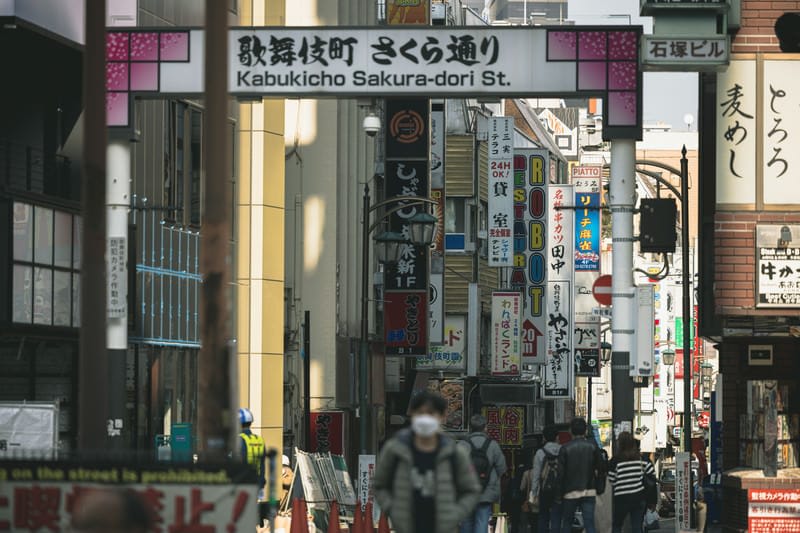
Hanamichi Street and Sakura Street run through the center of Kabukicho. When I was a university student, I encountered persistent touts while walking along these streets with a friend. This area has many touts and a high risk of scams. Especially at night, you should absolutely avoid following strangers.
Azuma Street
Azuma Street may look like an ordinary shopping street at first glance, but it's an area that requires caution. An acquaintance of mine was once warned by the police for trying to buy illegal DVDs on this street. In this area, illegal goods are sometimes sold, so be careful not to stop by carelessly.
Shokuan Street
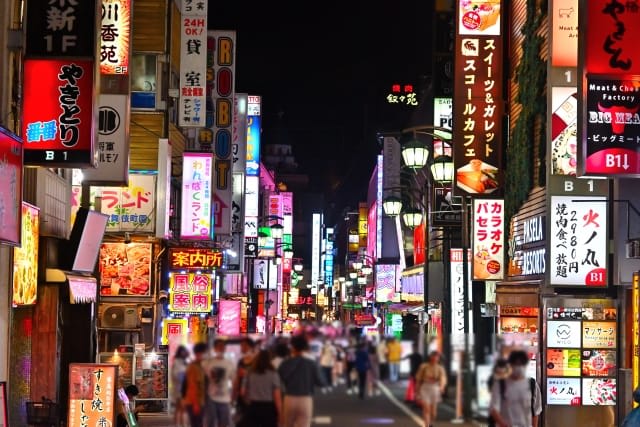
Shokuan Street is an area where the danger level increases especially at night. I myself have seen people clearly under the influence of drugs while walking on this street late at night. Also, there's a love hotel district behind Shokuan Street, which is also a place where trouble is likely to occur.
Where Are the Safe Areas?
However, not all of Kabukicho is dangerous. The main street with the Godzilla head and Golden Gai, which are shown in blue on the map, are basically safe. I often guide friends and visitors from overseas to these areas, and I've never encountered any trouble.
More Detailed Information About "Godzilla head"
・Discover the Magic of TOHO Shinjuku: Godzilla’s Domain and Ultimate Cinema Experience
More Detailed Information About "Golden Gai"
・Golden Gai: A Complete Guide to Shinjuku's Hidden Bar Paradise for Foreign Visitors
Try Not to Walk Alone as Much as Possible
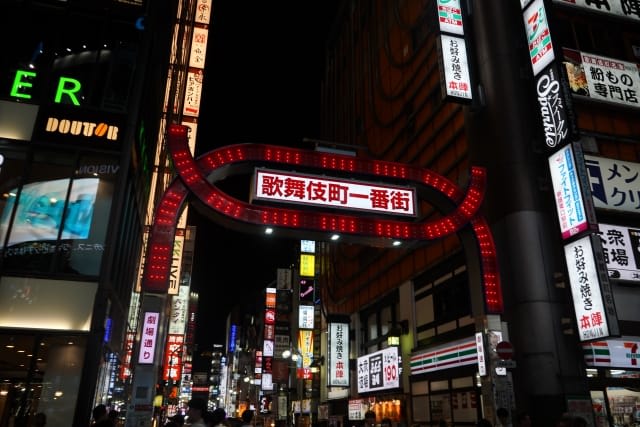
When enjoying Shinjuku at night, I recommend not walking alone as much as possible. This is especially important for women.
A female friend of mine once had a scary experience when she was approached by a suspicious man while walking alone in Shinjuku at night. Fortunately, a nearby police officer helped her, but since then, my family and I always make sure to go with someone when we visit Shinjuku.
Walking in a group reduces the risk of being approached by suspicious individuals, and it's easier to handle trouble if it does occur. It's also reassuring when you get lost. I personally have many more enjoyable memories when exploring Shinjuku with friends.
Don't Follow Strangers Who Approach You
In Shinjuku, especially Kabukicho, it's common to be approached by strangers. However, following their invitations can be very dangerous. A friend of mine once followed a seemingly kind foreigner and ended up being charged an exorbitant fee at the bar they were guided to.
Many Cases of "Rip-off Scams" Are Reported in Kabukicho
Rip-offs are a common problem you hear about in Kabukicho. Even if you're given an explanation of the fees beforehand, you might end up with a bill that's much higher than expected. My cousin once entered a bar that advertised "trial prices" and received a shockingly high bill. Luckily, it was resolved with the help of the police, but it was a very scary experience.
More Detailed Information About "Rip-off Scam"
・How to Avoid Rip-off Scam? 5 Tips for Preventing Troubles
Be Careful of Touts for Illegal Cabaret Clubs and Adult Entertainment Establishments
There are also cabaret clubs and adult entertainment establishments operating illegally in Kabukicho. The touts for these establishments are particularly dangerous. I've heard stories from a former colleague who was taken to such a place and demanded a large sum of money.
Establishments that use touts may include illegal ones, so it's important not to follow them for your own safety.
The nights in Shinjuku are certainly attractive, but dangers lurk as well. However, if you follow these precautions, you can fully enjoy it. I myself enjoy Shinjuku nights while following these rules, and when guiding friends from overseas, I always make sure to convey these three points.
Next, I'll talk about how to handle situations if you do get into trouble.
Emergency Response: What to Do If You Get Into Trouble?
While spending time in Shinjuku, the possibility of getting involved in unexpected trouble can't be denied. I myself once had an incident with customers in the next room when I was making noise with friends at a karaoke place during my student days.
From that experience, I learned the importance of responding calmly. Here, I'll specifically talk about how to respond in emergency situations that you should know in case of unforeseen circumstances.
Contacting the Police
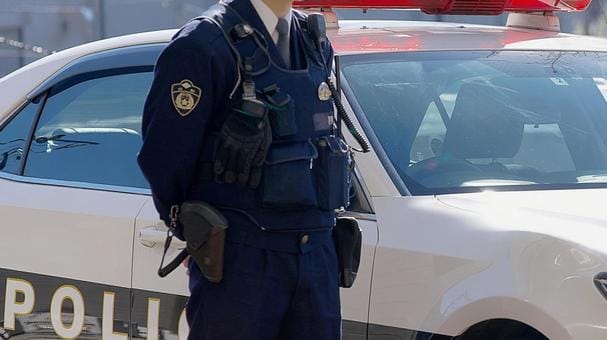
The emergency number for contacting the police is 110. This can be used 24 hours a day, 365 days a year, free of charge, from anywhere in Japan. I once used this number when I was harassed by a drunk person in Kabukicho, and the police responded quickly, which was a great help.
The Shinjuku Police Station is located at "6-1-1 Nishi-Shinjuku, Shinjuku-ku, Tokyo." Remembering this location can be helpful in emergencies. I always make sure to tell my foreign friends who come to play in Shinjuku about the location of this police station.
For foreign tourists, I also recommend the Police Consultation Dedicated Line (03-3503-8484). English support is also available.
Contacting Embassies and Consulates

For foreigners, I recommend checking the emergency contact information for your country's embassy or consulate in advance. Support from the embassy or consulate can be very reassuring in case of passport loss or legal troubles.
When my Canadian friend lost his passport during his stay in Tokyo, I heard that the Canadian Embassy responded quickly. Thanks to knowing the contact information in advance, he was able to handle the situation without panicking.
Using Medical Institutions

The emergency number for calling an ambulance is 119. This number is also used for requesting fire department dispatches. In my experience, Japan's emergency services are very quick and efficient.
Once, when a friend suddenly fell ill while we were having dinner in Shinjuku, I used this number to call an ambulance. The operator carefully listened to the situation, and the ambulance arrived in no time. There's no need to worry about language barriers. There are multilingual operators, and interpretation services are also available over the phone.
While there are many medical institutions in Shinjuku, I especially recommend the Tokyo Metropolitan Health and Medical Information Center "Himawari" (Phone: 03-5285-8181) for foreign tourists. Here, they provide information about medical institutions in multiple languages.
Evacuating to a Safe Place
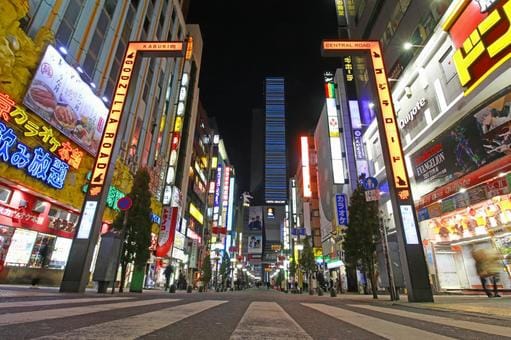
If you feel you might get involved in trouble, it's important to move to a safe place immediately. I always try to be aware of safe places around me when walking in Shinjuku.
It's good to choose well-lit places that are visible to others, such as convenience stores or large commercial facilities. Large department stores around Shinjuku Station or Don Quijote in the center of Kabukicho are open 24 hours and have a lot of foot traffic, so they're safe.
The key to handling emergencies in Shinjuku is advance preparation and calm judgment. Just knowing these contact numbers and how to handle situations can prepare you mentally for unexpected situations.
However, knowing these precautions doesn't mean you need to be afraid of Shinjuku. Next, I'll introduce safe and fun spots in Shinjuku. I hope you'll fully enjoy the diverse attractions of Shinjuku while taking appropriate precautions.
More Detailed Information About "Shinjuku Red-light District in Shinjuku"
・Kabukicho: Tokyo Shinjuku's Red-light District & Never Sleep Area Guide
More Detailed Information About "Shinjuku Nightlife"
・Shinjuku Nightlife Guide: How to Enjoy the Best Spots
It's Not Just Dangerous! Introduction to Safe and Enjoyable Spots in Shinjuku
While Shinjuku certainly has areas that require caution, there are also numerous safe and attractive spots. I've spent countless enjoyable hours in Shinjuku over the years.
Here, I'll introduce some of my favorite places. These spots are all safe and enjoyable places that I always visit when guiding foreign friends.
Golden Gai
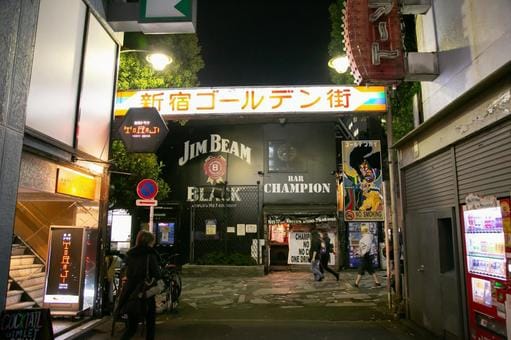
Golden Gai is a hidden gem in Shinjuku that I've been frequenting since my university days. It's an area with a unique landscape where small, retro-atmosphere bars are lined up like a maze.
With hundreds of bars densely packed in narrow alleys, Golden Gai exudes an atmosphere that feels like stepping back in time.
Golden Gai has a long history and was once known as a place frequented by cultural figures and artists. Even now, it remains a cultural hub where people from various fields such as literature, art, and music gather.
Recently, the number of foreign tourists has been increasing, creating an internationally diverse atmosphere. Whenever I bring friends from overseas here, they always tell me it was "the best night in Tokyo."
Above all, Golden Gai is a very safe area despite being in Kabukicho. There's hardly any worry about scams. I've visited many times myself and have never been involved in any trouble.
Website: http://goldengai.jp/
More Detailed Information About "Golden Gai"
・Golden Gai: A Complete Guide to Shinjuku's Hidden Bar Paradise for Foreign Visitors
Tokyo Metropolitan Government Building Observation Deck
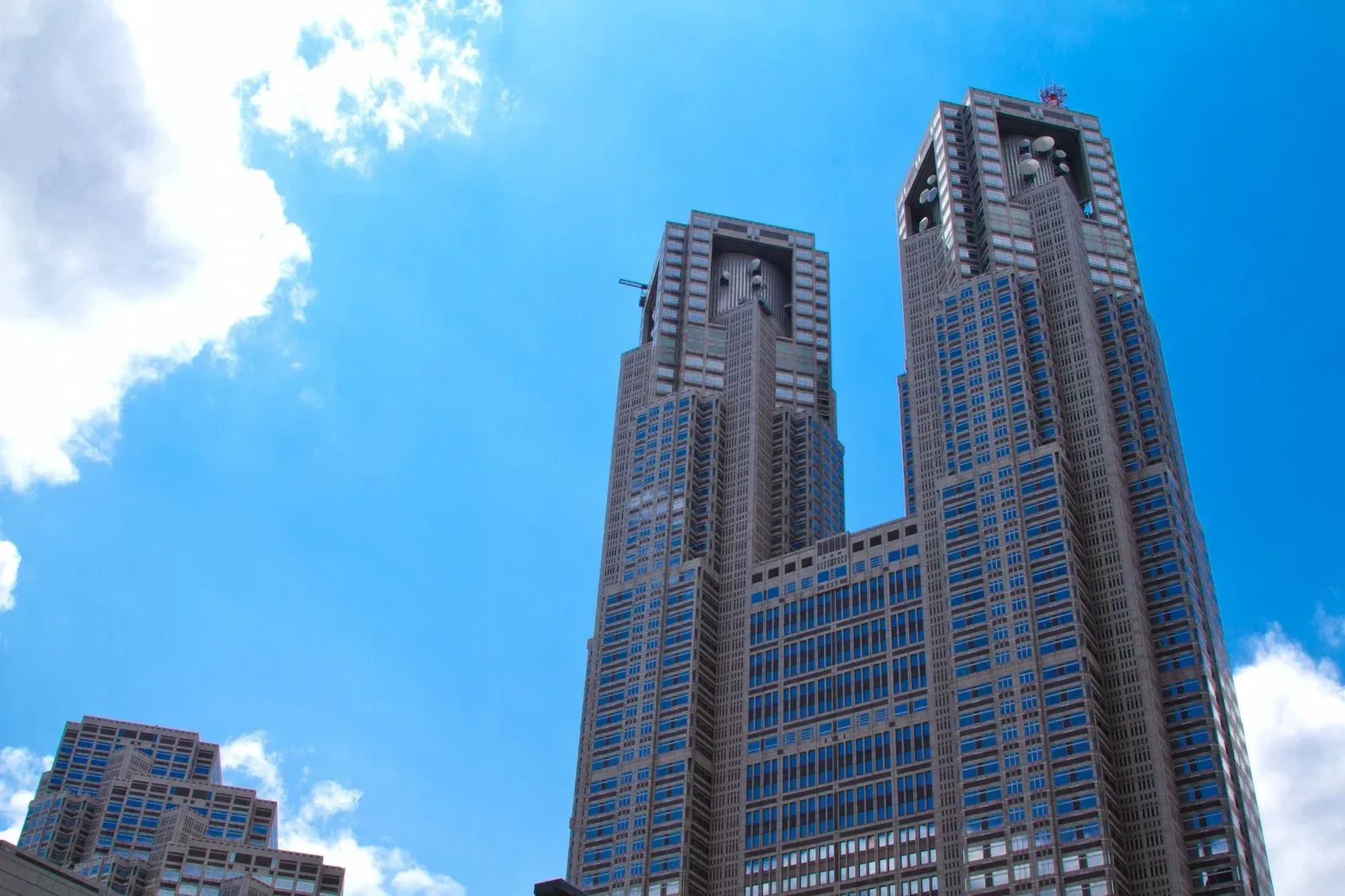
The Tokyo Metropolitan Government Building Observation Deck is one of Shinjuku's safe and wonderful tourist spots. I often used it as a date spot during my student days. Its greatest attraction is that you can enjoy a spectacular view of Tokyo for free.
On clear days, you can see Mount Fuji in the distance. I still vividly remember the excitement I felt when I first saw Mount Fuji from the observation deck. The view of Tokyo's cityscape is breathtakingly beautiful.
The night view is also very beautiful, making it popular among couples. When I guide friends from overseas, I always bring them here. It's a place where you can truly appreciate the grandeur of Tokyo.
Moreover, as it's a public facility, security is excellent and it's very safe. Anyone can freely enter during opening hours. As many tourists visit, foreign visitors can also enjoy it with peace of mind.
Website: https://www.yokoso.metro.tokyo.lg.jp/en/tenbou/index.html
More Detailed Information About "Observation Deck in Tokyo"
・Tokyo Free Observation Deck: Enjoy Best View of Shinjuku!
Shinjuku Gyoen
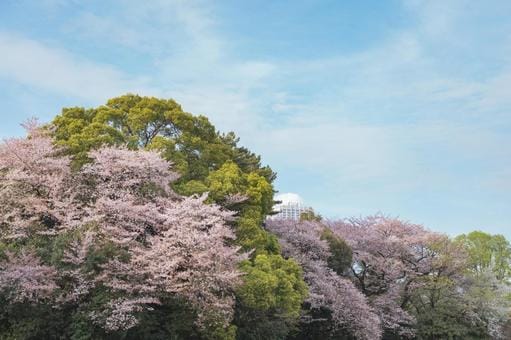
Shinjuku Gyoen is a vast park within walking distance from Shinjuku Station, and for me, it's a special place where I can forget the hustle and bustle of the city. It's truly an oasis in the city, where Japanese and Western gardens are beautifully fused.
I often visit here when I'm tired from work. Just strolling through the spacious lawns and beautifully maintained gardens calms my mind. The cherry blossoms in spring and autumn foliage are especially spectacular. Having a picnic under fully bloomed cherry blossoms or walking among the trees turning red in autumn is such a wonderful experience that I forget I'm in Shinjuku.
Shinjuku Gyoen is also known as a place where you can spend time safely, thanks to its beauty and peaceful atmosphere. Various people visit, including families, students, and foreign tourists, but everyone spends time peacefully.
I always visit here when guiding friends from overseas. Everyone is surprised and moved to find such a vast nature in the middle of the city.
Website: https://fng.or.jp/shinjuku/en/
More Detailed Information About "Shinjuku Gyoen"
・Discover the Charm of Shinjuku Gyoen: Tokyo’s Seasonal Paradise for Cherry Blossoms and Relaxation
Omoide Yokocho
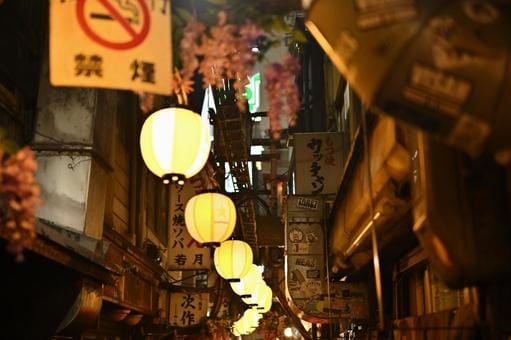
Omoide Yokocho is a small drinking alley in narrow streets near the west exit of Shinjuku Station, and it's a place of special memories for me. It's a retro-atmosphere drinking district where the Showa era atmosphere is still strongly present.
The charm of Omoide Yokocho lies in its cheap and delicious food and interaction with local people. My favorite is a long-established yakitori shop that has been in business for over 40 years. Chatting with the skilled yakitori chef over the counter is one of the pleasures.
This is also a popular spot among foreign tourists. When I bring my overseas friends here, they always say they "experienced real Japan." In fact, there have been times when I've hit it off with foreign tourists sitting next to me at the counter and ended up drinking together.
And a big feature of Omoide Yokocho is that it's away from Kabukicho and is a relatively safe area. I've visited many times myself, but I've never been involved in any trouble. Rather, there's an atmosphere where regular customers and shop owners warmly watch over you, so you can enjoy with peace of mind.
More Detailed Information About "Omoide Yokocho"
・Omoide Yokocho aka Piss Alley: A Nostalgic Journey Through Tokyo's Hidden Gourmet Alley w/map
There are many such safe and enjoyable spots in Shinjuku. However, for those visiting for the first time, it might be difficult to judge where is safe and where to go.
That's when it's best to explore Shinjuku with a guide who knows the area inside out.
To Safely Enjoy Shinjuku, It's Best to Go with a Guide Who Knows the Area Inside Out
I've lived in Shinjuku for many years and pride myself on knowing every nook and cranny of this area, but I still make new discoveries from time to time. That's because Shinjuku is a constantly changing neighborhood. To fully enjoy such a Shinjuku, the presence of a local guide is indispensable.
Guides not only know the dangerous areas well but are also aware of excellent izakayas and Japanese restaurants that only locals know about. So, let me introduce some Shinjuku guided tours that I recommend.
"Tokyo Night Foodie Tour in Shinjuku" by Magical Trip
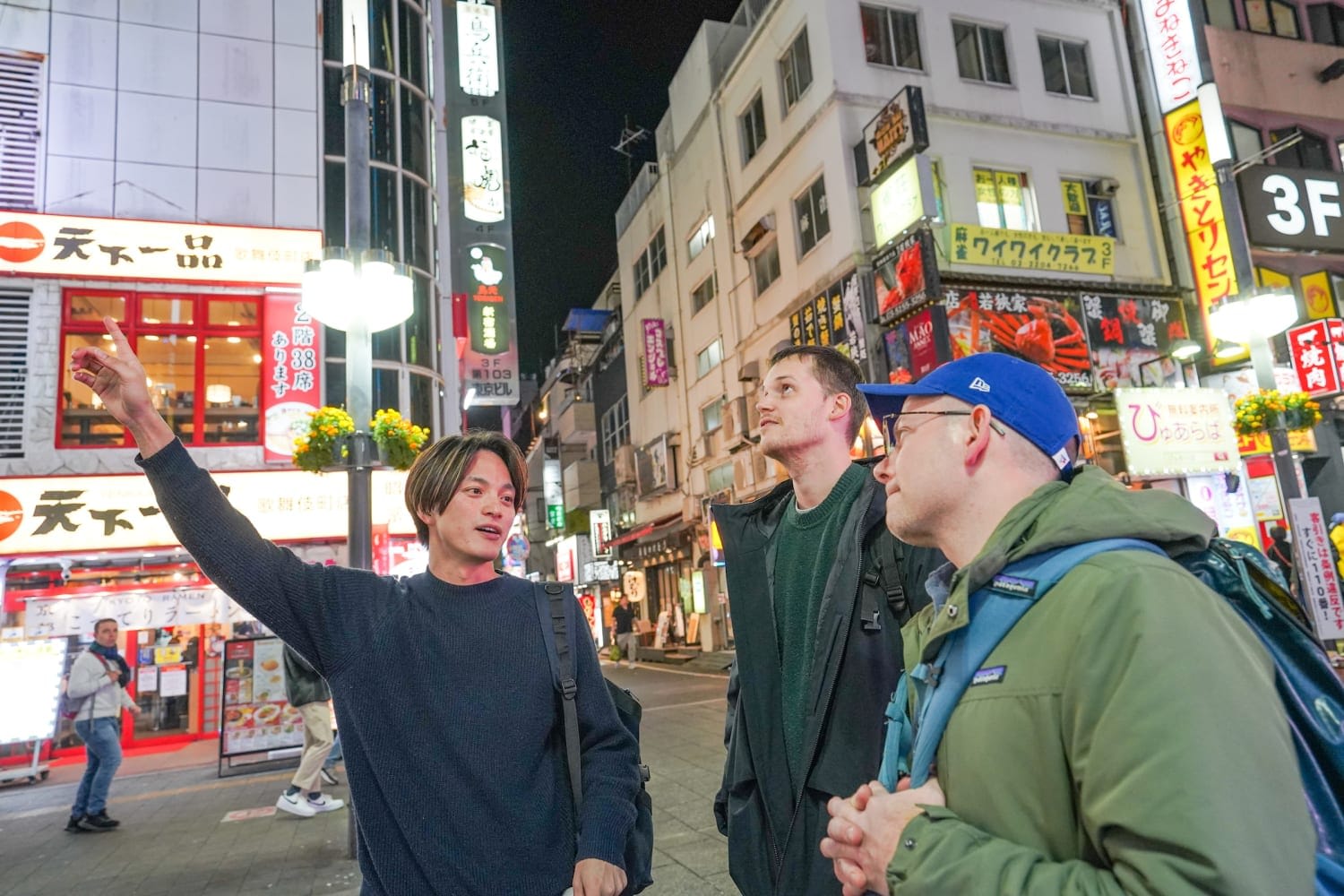
This tour by us at Magical Trip is a 3.5-hour night tour that visits three carefully selected gourmet spots in Shinjuku.
The biggest attraction of the tour is that you can enjoy seasonal omakase nigiri sushi by skilled sushi chefs. At the next stop, a wagyu yakiniku restaurant, you can experience Japanese-style barbecue. The experience of grilling and eating the highest quality wagyu beef yourself is very popular among foreign tourists.
The tour concludes with a stroll through Kabukicho. With the guide's guidance, you can safely enjoy the atmosphere of Kabukicho.
The point of this tour is that while you can enjoy alcohol, it's also suitable for all ages. It's a tour that families and those who don't drink alcohol can participate in with peace of mind.
Click here for more details: Tokyo Night Foodie Tour in Shinjuku
"Shinjuku Night Free Walking Tour" by Tokyo Localized
Source: Tokyo Localized
This tour is a 2-hour night walking tour through Shinjuku's entertainment districts.
The tour visits famous spots such as Kabukicho, Godzilla Road, and Golden Gai.
The feature of this tour is that it comes with an English-speaking guide and operates on a tip basis. You can participate without worrying about the fee, and pay a tip if you're satisfied with the service, making it recommended for those concerned about budget. Also, as it's a small group tour, there are many opportunities to interact directly with the guide, creating an atmosphere where it's easy to ask questions.
After the tour, you can freely enjoy Golden Gai. Since you can get recommendations for shops from the guide, you won't have trouble planning your subsequent bar hopping.
As this tour doesn't include food and drink costs, it's particularly suitable for those who want to enjoy sightseeing rather than drinking. I think it's an ideal tour for those who want to safely experience the night atmosphere of Shinjuku.
Click here for more details: Shinjuku Night Free Walking Tour
"Tokyo Bar Hopping Night Tour in Shinjuku" by Magical Trip
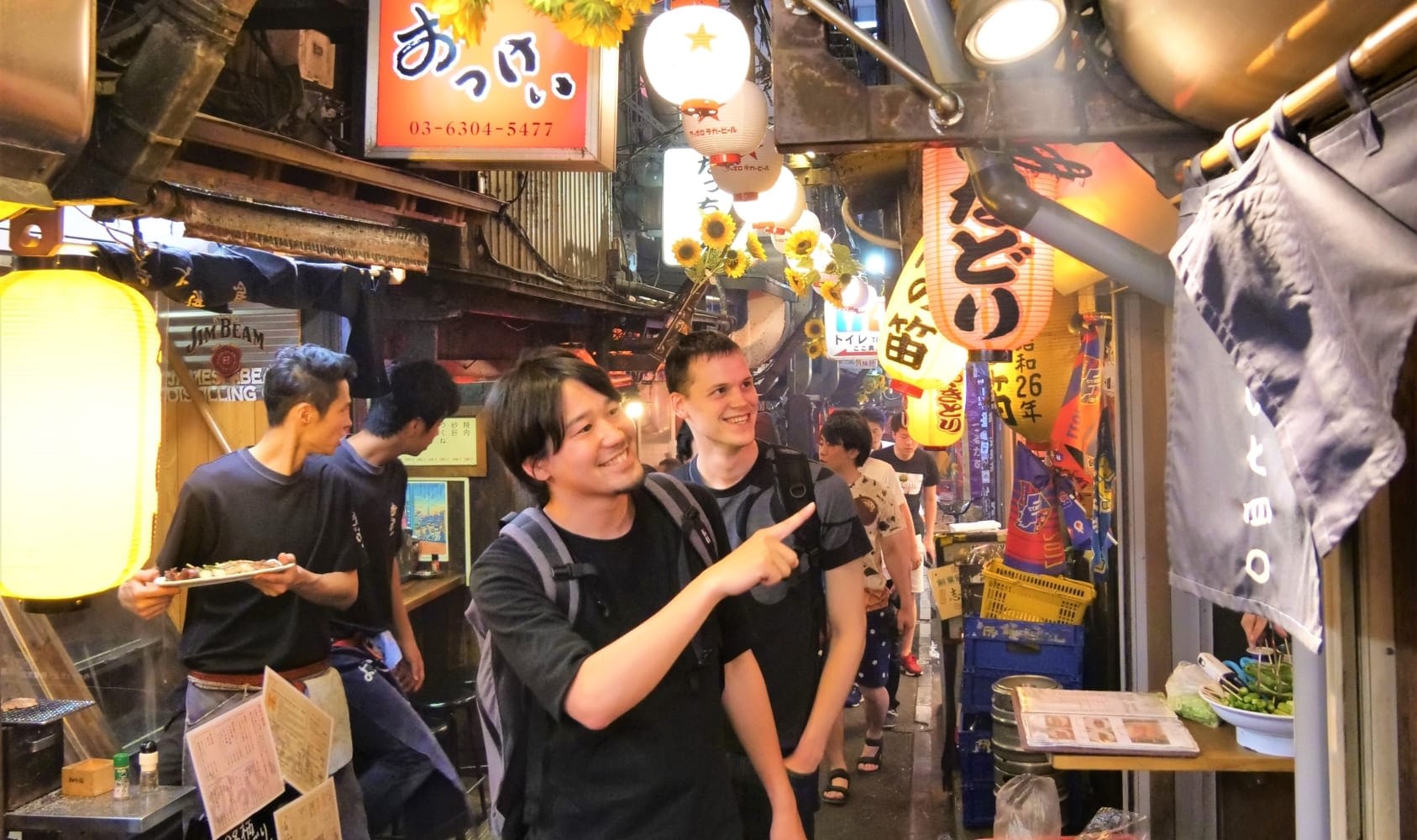
This tour is a 3.5-hour night tour provided by us at Magical Trip, where you visit hidden izakayas and food stalls in Shinjuku.
The biggest attraction of the tour is that you can experience Japanese drinking culture by visiting 3 bars with a local guide.
For food, you can enjoy authentic Japanese izakaya dishes like yakitori. For drinks, you can enjoy various types including sake and beer.
The point of this tour is that it's an all-in-one package including meals and drinks. The price is also reasonable, and it's actually more cost-effective than bar hopping to 3 similar places on your own.
Also, while Shinjuku at night can be dangerous if you're alone, you can enjoy it safely by utilizing this tour. Since the guide is always with you, you don't have to worry about getting lost or being approached by suspicious people.
Click here for more details: Tokyo Bar Hopping Night Tour in Shinjuku
Shinjuku certainly has aspects that require caution, but it has even more attractive and fun places.
With proper knowledge and preparation, and sometimes with the help of a guide who knows the local area well, you can maximize your enjoyment of Shinjuku nights.
Use this article as a reference to avoid dangers and fully experience the diverse charm of Shinjuku!
